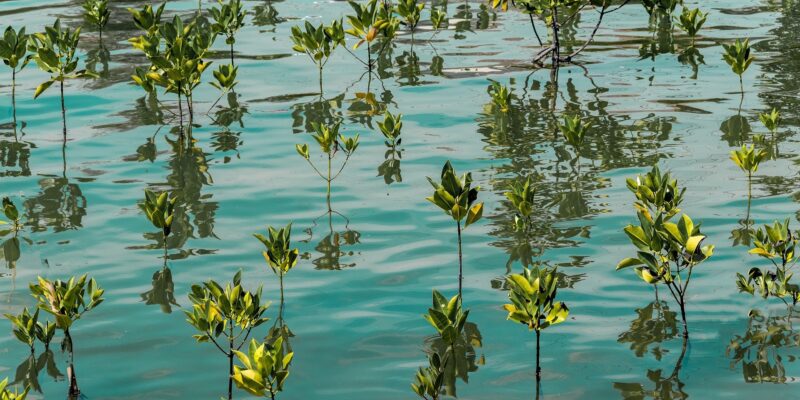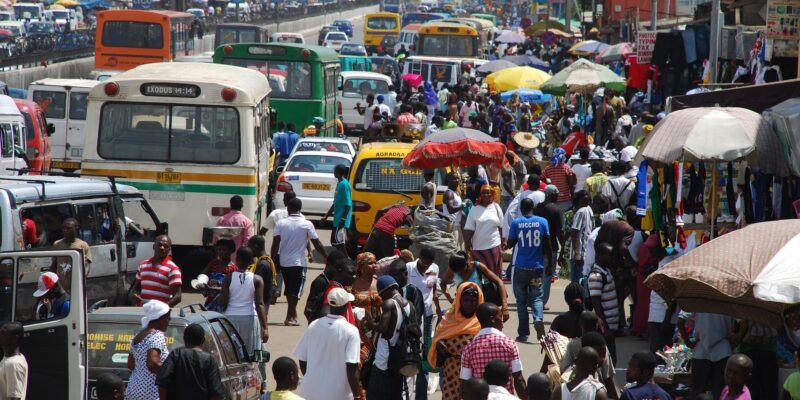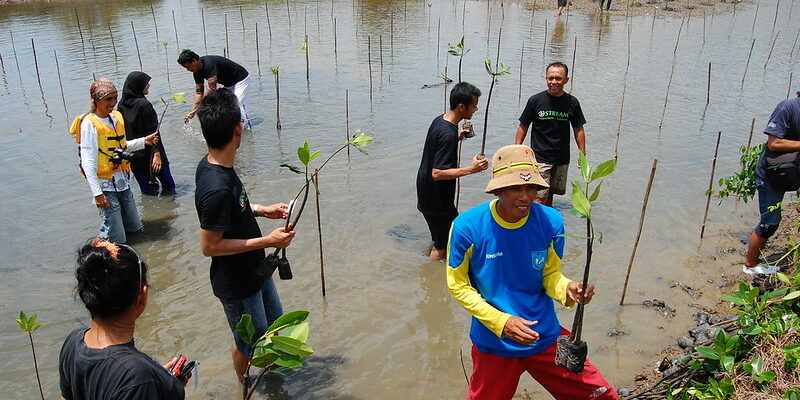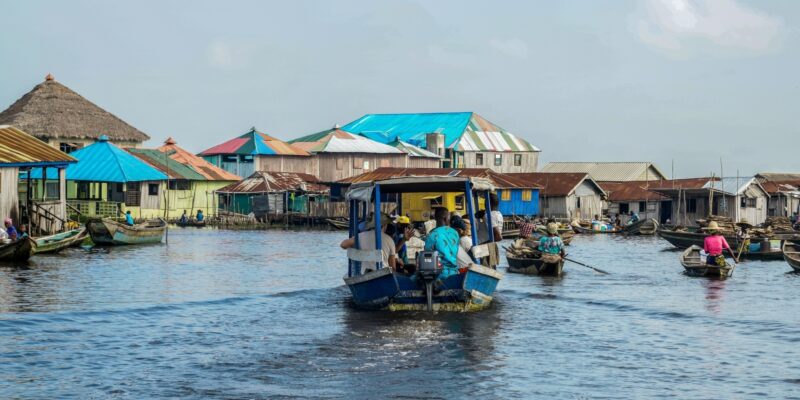Comment
Insights and expert analysis on climate issues.
Share


Land-based solutions can help mitigate and adapt to climate change, but some could make it more difficult to achieve the Sustainable Development Goals. Scientists from our LAMACLIMA project explain what this means and how the project can improve our knowledge and implementation of land-based solutions.

Climate change and small islands: more scientific evidence of high risks
Dr Rosanne Martyr
Small island developing states (SIDS) have long been recognised as being particularly vulnerable to the impacts of climate change. In a recently published article our researchers added further scientific evidence that island states are particularly at risk, and face unique challenges in addressing impacts.

Creating more climate-resilient societies will also require action from businesses. We supported the government of Ghana in developing an innovative strategy for leveraging the private sector to ensure the success of its national adaptation planning.

Why climate scenarios need to better incorporate ‘adaptive capacity’
Dr Carl-Friedrich Schleussner
The scientific literature has clearly established the multiple benefits of stringent mitigation action to achieve the 1.5°C temperature goal and limit the impacts of climate change.

Improving access to climate finance and increasing absorption of funding opportunities are integral to speeding up Small Island Developing States’ (SIDS) efforts to enhance adaptation and build long-term resilience to climate change. A recent “Writeshop” in Samoa, which brought together Pacific and Caribbean representatives to build on each other's experiences, yielded a number of valuable lessons.

Benin has launched three separate climate vulnerability assessments on agriculture, water resources and health at a workshop organized by Climate Analytics and the Centre de Partenariat et d’Expertise pour le Développement Durable.